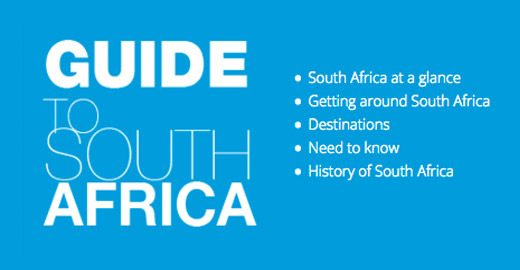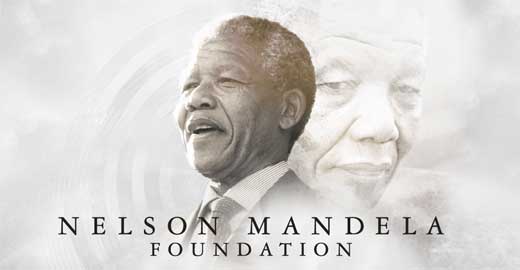While much of the world staggered in the wake of the global financial meltdown, South Africa has managed to stay on its feet – largely due to its prudent fiscal and monetary policies.
The country is politically stable and has a well-capitalized banking system, abundant natural resources, well developed regulatory systems as well as research and development capabilities, and an established manufacturing base.
Ranked by the World Bank as an “upper middle-income country”, South Africa is the largest economy in Africa – and it remains rich with promise. It was admitted to the BRIC group of countries of Brazil, Russia, India and China (known as BRICS) in 2011.
With a world-class and progressive legal framework, South African legislation governing commerce, labour and maritime issues is particularly strong, and laws on competition policy, copyright, patents, trademarks and disputes conform to international norms and standards.
The country’s modern infrastructure supports the efficient distribution of goods throughout the southern African region.
The economy has a marked duality, with a sophisticated financial and industrial economy having grown alongside an underdeveloped informal economy. It is this “second economy” which presents both potential and a developmental challenge.
South Africa pointed as a manufacturing center of excellence, diversified industrial sectors, open economy, sound business case for investment and profit, gateway to Africa and markets of more than 200 million consumers and Africa is the next big story after China and India.
South Africa has the largest economy in the African Continent, accounting for approximately 25% of the continent’s GDP.
South Africa has a diverse economy, with key sectors roughly contributing to GDP as follows:
• Agriculture: 2.2%
• Mining: 10%
• Manufacturing: 12.3%
• Electricity and water: 2.6%
• Construction: 3.9%
• Wholesale, retail and motor trade: 16.2%
• Transport, storage and communication: 9%
• Finance, real estate and business services: 21.2%
• Government services: 16.7%
• Personal services: 5.9%
Positive outlook
In the 2012-13 Global Competitiveness report, the World Economic Forum ranked South Africa second in the world for the accountability of its private institutions, and third for its financial market development, “indicating high confidence in South Africa’s financial markets at a time when trust is returning only slowly in many other parts of the world”. The country’s securities exchange, the JSE, is ranked among the top 20 in the world in terms of size.
Diversity and growth
South Africa’s success in reforming its economic policies is probably best reflected by its GDP figures, which reflected an unprecedented 62 quarters of uninterrupted economic growth between 1993 and 2007, when GDP rose by 5.1%. With South Africa’s increased integration into the global market, there was no escaping the impact of the 2008-09 global economic crisis, and GDP contracted to 3.1%.While the economy continues to grow – driven largely by domestic consumption – growth is at a slower rate than previously forecast. It is projected to grow at 2.7% in 2013, 3.5% in 2014 and 3.8% in 2015.
Infrastructure
Over the past decade, substantial increases in government social service spending have helped reduce poverty, but now the government has begun to place a greater emphasis on infrastructure, employment and economic growth.
In a massive public-sector investment, South Africa has spent R642-billion on infrastructure development in the past three years – and plans to spend more than R827-billion over the next three years to improve access to export markets and reduce costs in the economy.
Money will be spent on improving the energy sector to double electricity generation, on transport and logistics, hospitals and clinics, and on education infrastructure as an investment in human capital.
Ratings
South Africa is the highest-ranked African country and third-placed among the BRICS economies in the World Economic Forum’s (WEF’s) 2012 Global Competitiveness Index, ranking 52nd out of 144 countries surveyed while placing third overall for financial market development.
South Africa is ranked 35th out of 183 countries for ease of doing business according to Doing Business 2012, a joint publication of the World Bank and the International Finance Corporation.





